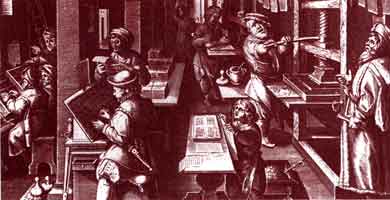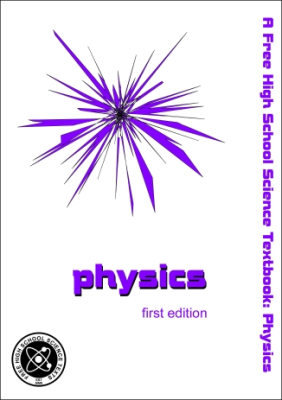Moodle (Open Source CMS)
It seems like every college instructional designer that I talk with says that though they are using a commercial learning management system* (like WebCT or BlackBoard), they are now experimenting with an open source product (like Sakai or Moodle).
I attended an event at Rutgers recently that featured their serious exploration of Sakai. Take a look at https://sakai.rutgers.edu/portal/
The higher up you go in school administration, the more likely you are to hear that "co$t" is a reason to explore OSS. But when you talk with faculty and designers, you are more likely to hear that control and customization are their chief interests in the software. And if you talk to system admins, they are most concerned with the issues of support and most encouraged with the prospect of being able to get into the code.
If you haven't had a chance to use any of the open source products, I suggest that you look at Moodle. Not because it is the best of the lot, but because there is a strong community of users and several sample and demo courses that you can explore without any downloads or installation.
Sakai actually comes from the world of research and was not originally created to be used as a course management system. Moodle was actually built following social constructionist pedagogy as a CMS. There's more about this approach at http://docs.moodle.org/en/Philosophy
Take a look at the Moodle Demonstration Site where you can practice using the most recent stable released version of Moodle. You can log in using generic information and see it from administrator's perspective or as a teacher.
The database and files are erased and restored on the hour, so you can make a mess and it gets cleaned up for you.
There is also a features demo course that lets you create an account and actually "participate" and use the features, post etc.
* What term are you using these days to describe a WebCT/Blackboard type of product? Course management system (CMS) was once the way to describe this software. Now, CMS also means "content management system." So, do you say "learning management system" (LMS) instead?
Comment below...



 The Wikimedia Foundation hosts the
The Wikimedia Foundation hosts the 